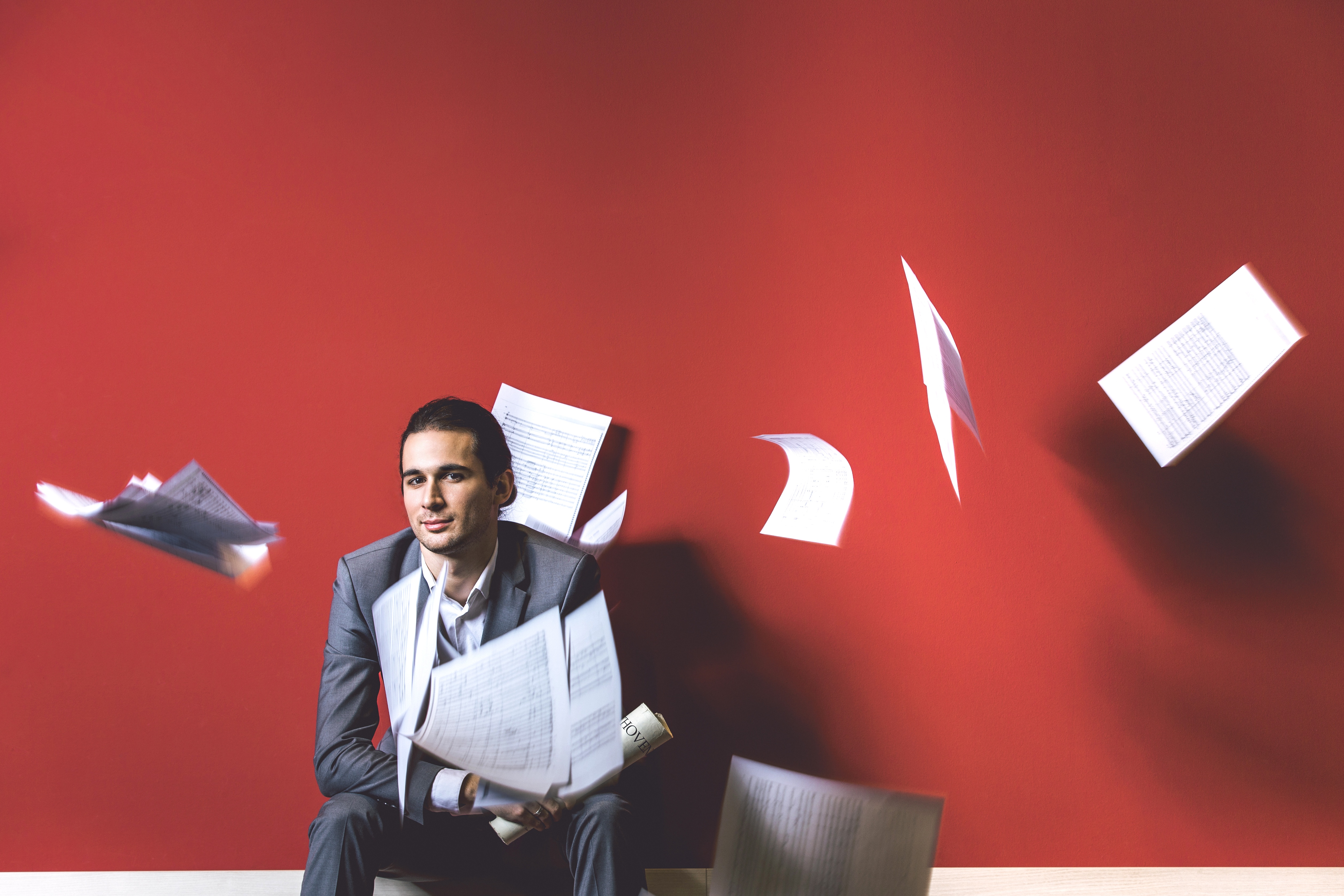Starting this week, the fourth annual Russian Music Festival takes place in three Hungarian cities including Budapest. Planned for 2020, on the 180th anniversary of the birth of Tchaikovsky, the event now runs over the first 12 days of October 2021, starting this Friday. We speak with festival founder Marcell Szabó, one of Hungary’s foremost pianists and long steeped in Russian music.
Opening with two pieces by Tchaikovsky at the Kölcsey Központ in Debrecen on Friday, 1 October, the Russian Music Festival brings the melodies of Tchaikovsky, Mussorgsky, Prokofiev and Rachmaninov to Budapest venues such as the Liszt Music Academy, Pesti Vigadó and Russian Cultural Centre over the course of a fortnight.
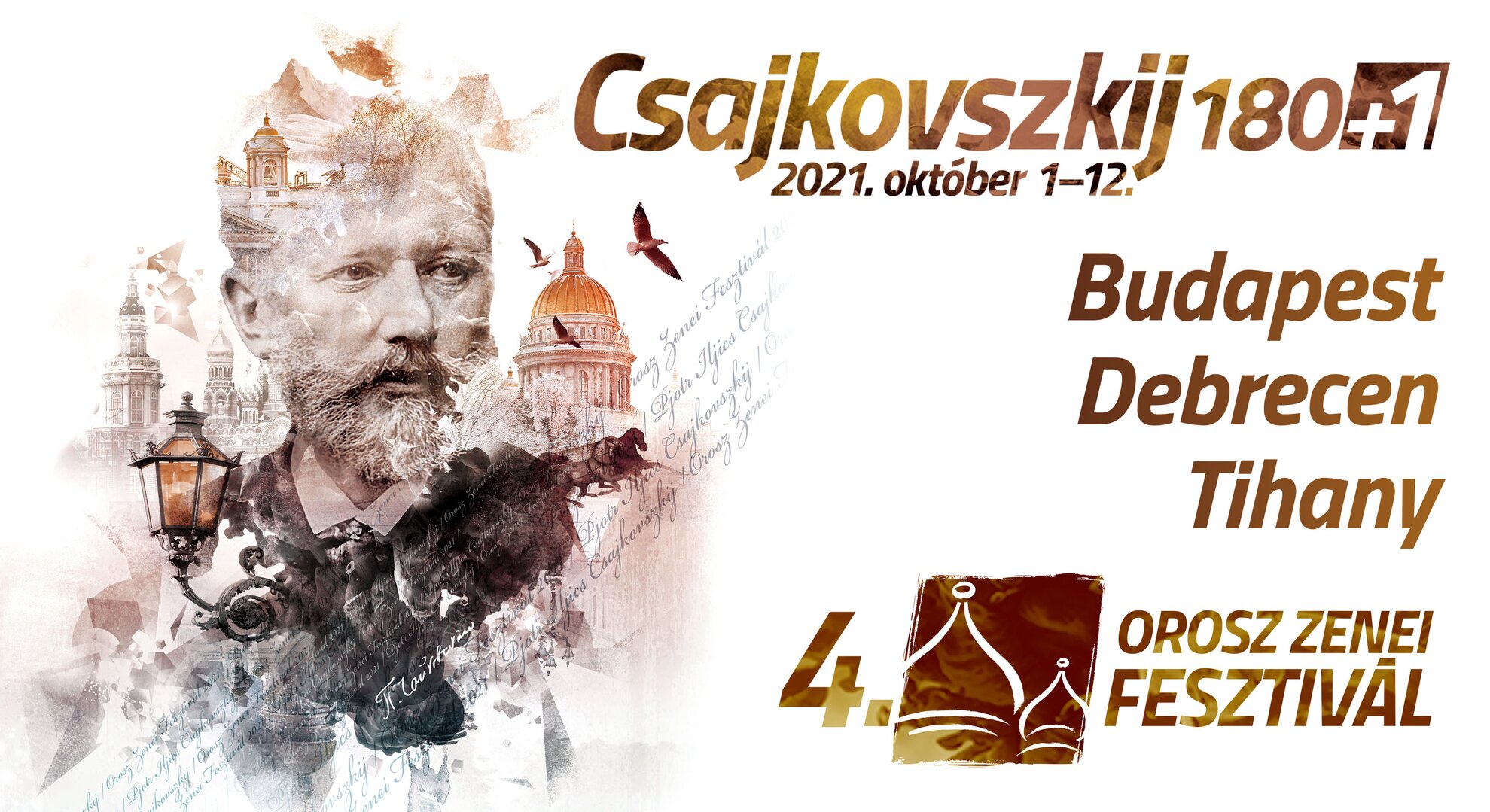
It culminates in a special evening of organ music at the historic Inner City Parish Church, with favourites such as Swan Lake and Pictures at an Exhibition both scheduled. Other highlights include a children’s matinee of The Nutcracker and readings from Tchaikovsky’s personal correspondence at the National Library of Foreign Literature.
A full schedule can be found on the festival’s Facebook page.
On the eve of the event, we speak with the festival’s founder and artistic director Marcell Szabó about what audiences can expect this October – and what drew the pianist to Russian music in the first place.
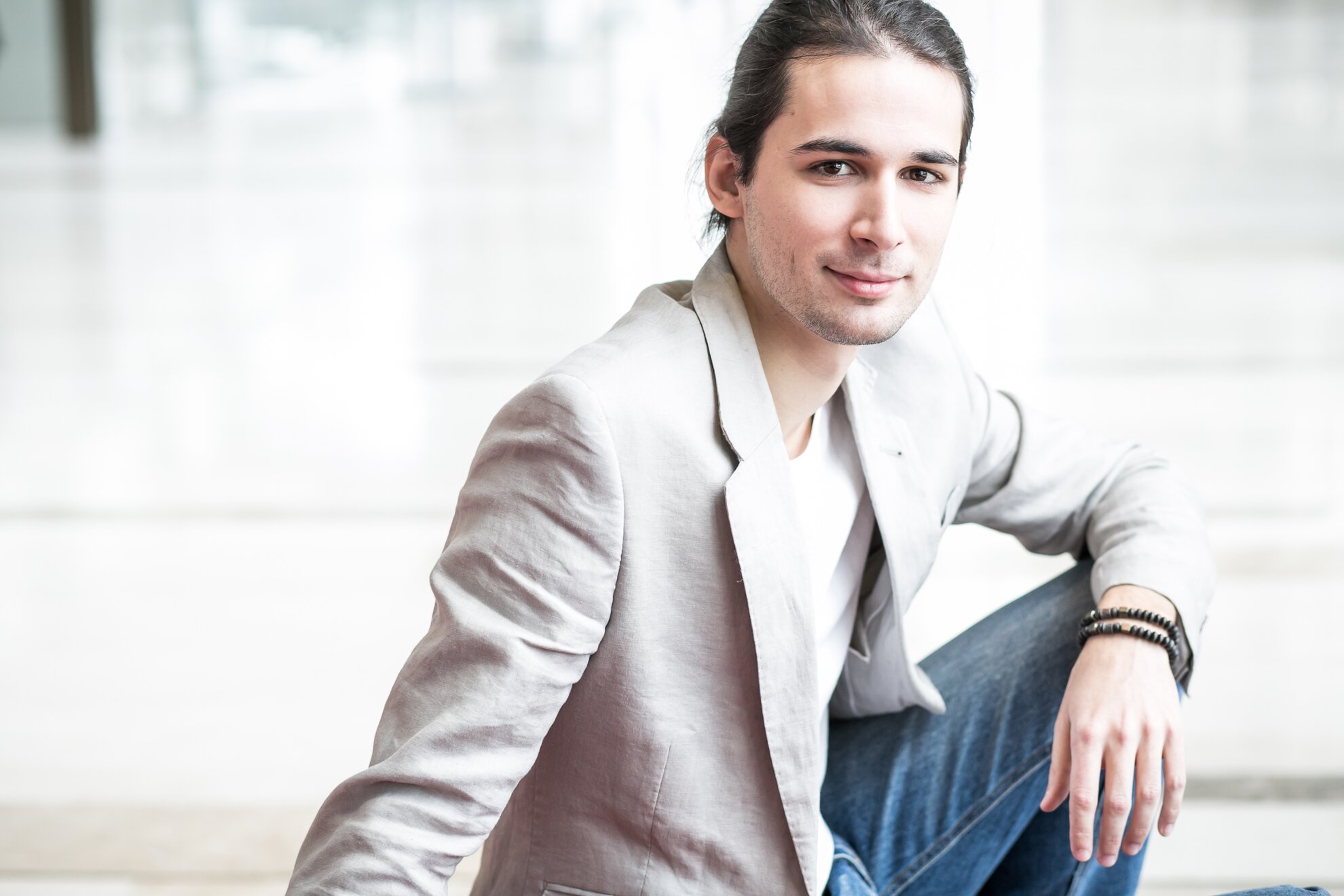
We Love Budapest: You were studying at the Liszt Music Academy from a relatively young age. When were you first attracted to Russian music – and what was it in particular that drew you?
Marcell Szabó: The first impression was made by Tchaikovsky’s Dumka, which I will play at the opening concert of the festival. It was a long and difficult journey before I could take ownership of the piece, and I think it’s true what they say that there are pieces that need to be felt. I got the real breakthrough at the age of 17 thanks to pianist Evgeny Kissin, who played the Rachmaninov études on a CD. This is where my passion for Russian music began, which is still with me.
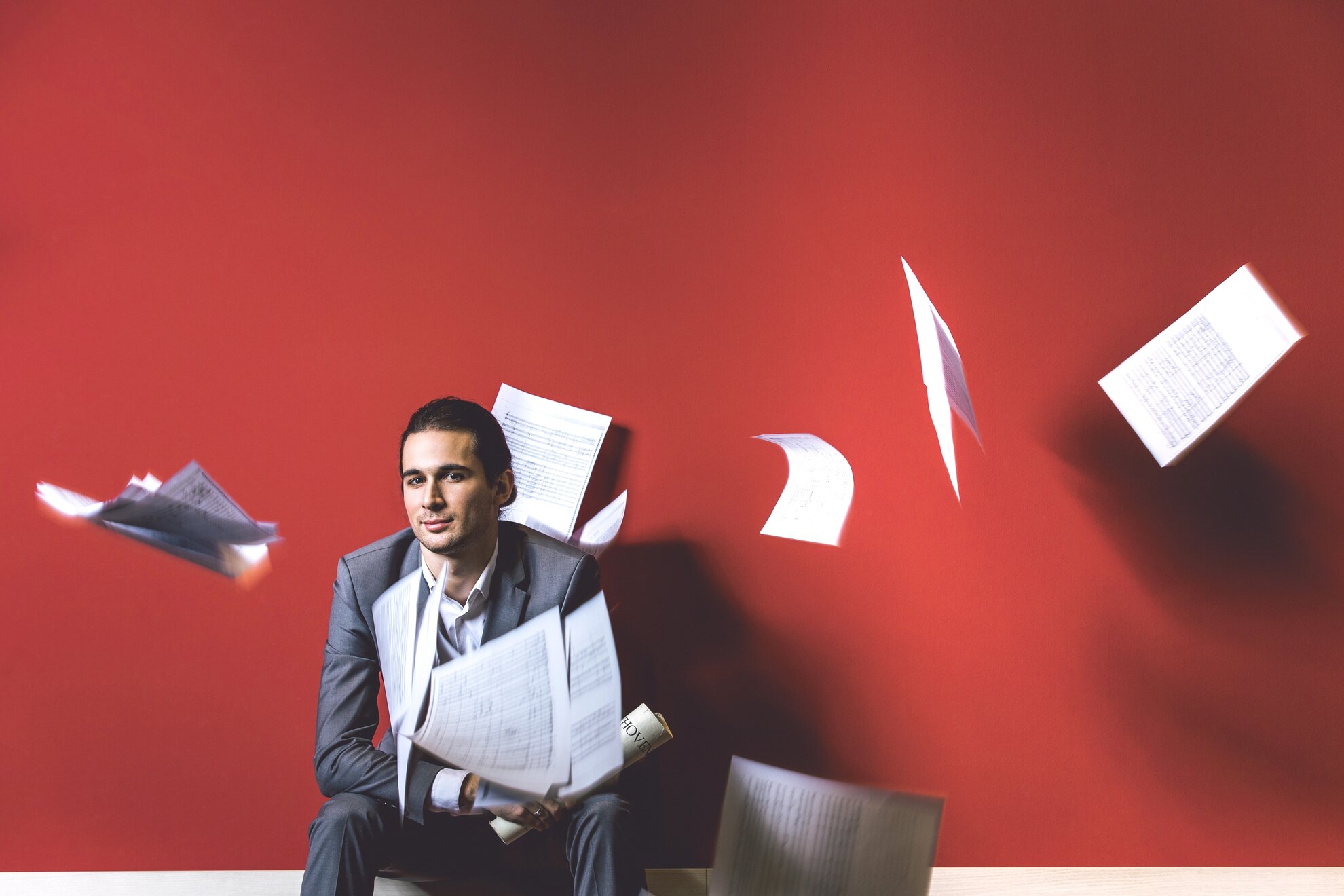
Maybe the fire started because I was just at an age when emotions are starting to mount, hormones are raging, and we feel that the world is ours. That’s just when I was influenced by Russian music, close to me even now despite my young age.
WLB: Which composers do you take
particular pleasure in playing?
M Sz: The music of Rachmaninov, Scriabin and Prokofiev is the closest, all for different reasons. Rachmaninov is best summed up by his overwhelming energy, his swirling melodies, Scriabin by his intimate and intoxicating tone, and Prokofiev with his humour and astringent playfulness. But there are countless composers, a lifetime isn’t even long enough to get to know all of them.
WLB: You have played many times abroad. Do you feel a different kind of pressure when the audience comprises mainly Russians?
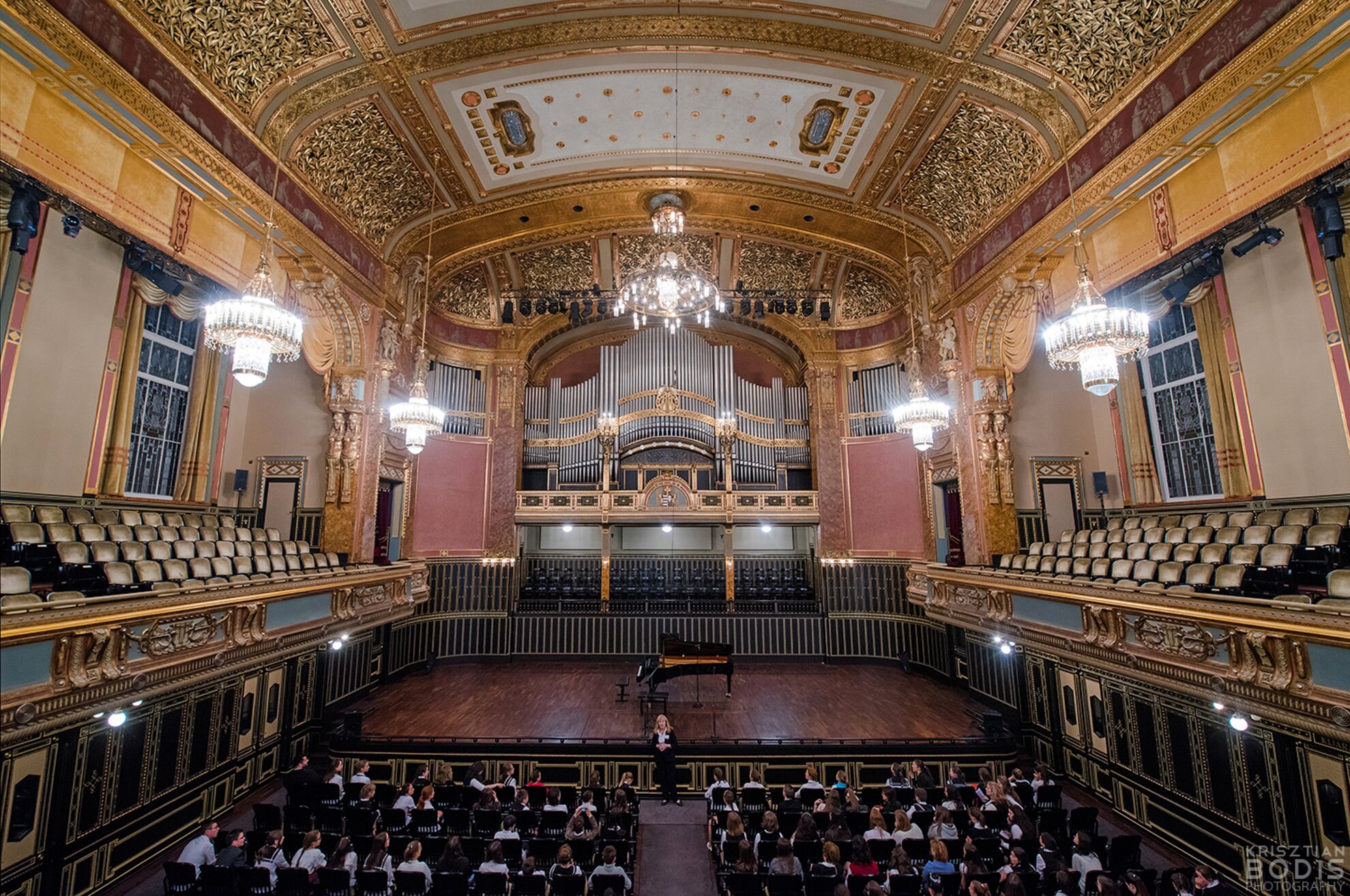
M Sz: I don’t feel any pressure, I tend to feel positive energy. If a foreign pianist were to play Bartók in Hungary, I would appreciate the gesture and be curious about how he interprets the Hungarian soul. I try to be like this for shows abroad as well. But it is a fact that playing Bartók abroad feels like handing round pálinka or goulash!
However, I haven’t played in Russia yet, it would be very exciting to play a Russian show there. I hope something will come together in the future.

WLB: How did the Russian Music Festival come about? Why did you feel the need for something like this to be created?
M Sz: The idea for the festival came for the reasons described above. Although Russian music is quite popular in Hungary, as I mentioned, there is such an inexhaustible amount of music waiting to be discovered that the festival could delve into Russian music for a hundred years.
Russian Music Festival
Marcell Szabó: Among other things, this is one of the aims of the festival, that the audience can hear lesser-known works, not just the well-known melodies.
WLB: Please tell us something about this year’s festival, and any particular highlights you would pick out.
M Sz: Last year we celebrated the 180th anniversary of Tchaikovsky’s birth, but the festival was cancelled because of the pandemic, so this year we will replace it with a title of 180+1. We await Russian music lovers in three cities, Budapest, Tihany and Debrecen, with concerts, exhibitions, film screenings, children's events and literary evenings.
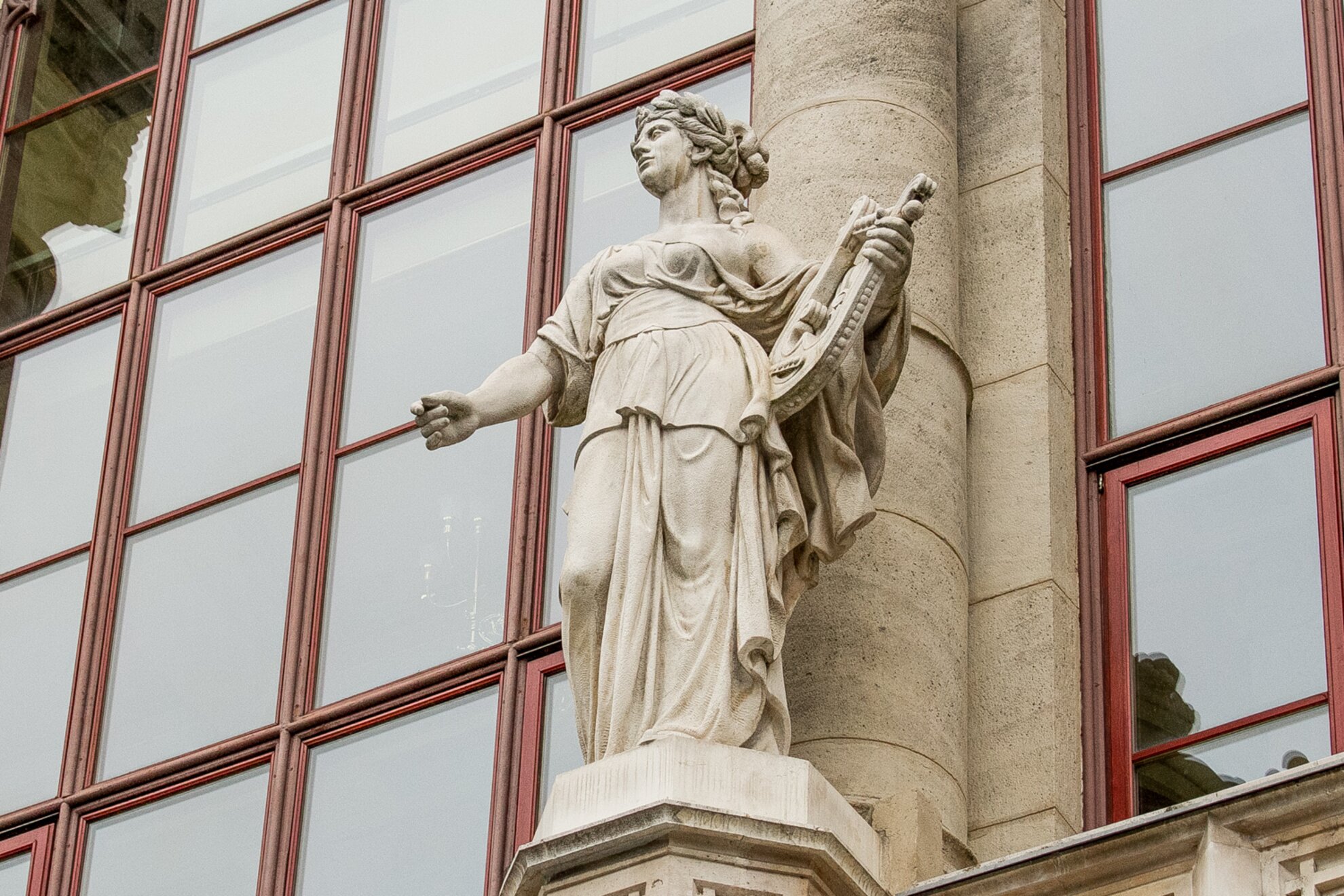
If I had to highlight one of the many shows, I would pick out the piano marathon concert, which will take place on 9 October at the Pesti Vigadó. There will be three mini-concerts in a row, from two-piano, four-handed and solo piano pieces. There are transcripts from all three of Tchaikovsky's ballets, as well as the Mussorgsky suite Pictures at an Exhibition.
WLB: Do you have specific plans for the festival in the future?
M Sz: The festival is still so new to me that it changes every year, or I don't even want to pigeonhole it, it develops on its own, it takes shape every year. It would be great if more cities would join the festival, to get as many rarities to as many places as possible, and to open up to Russia even more and invite more Russian artists to make the festival even more authentic.
Festival information
Russian Music Festival
Budapest, Debrecen and Tihany, 1-12 October
